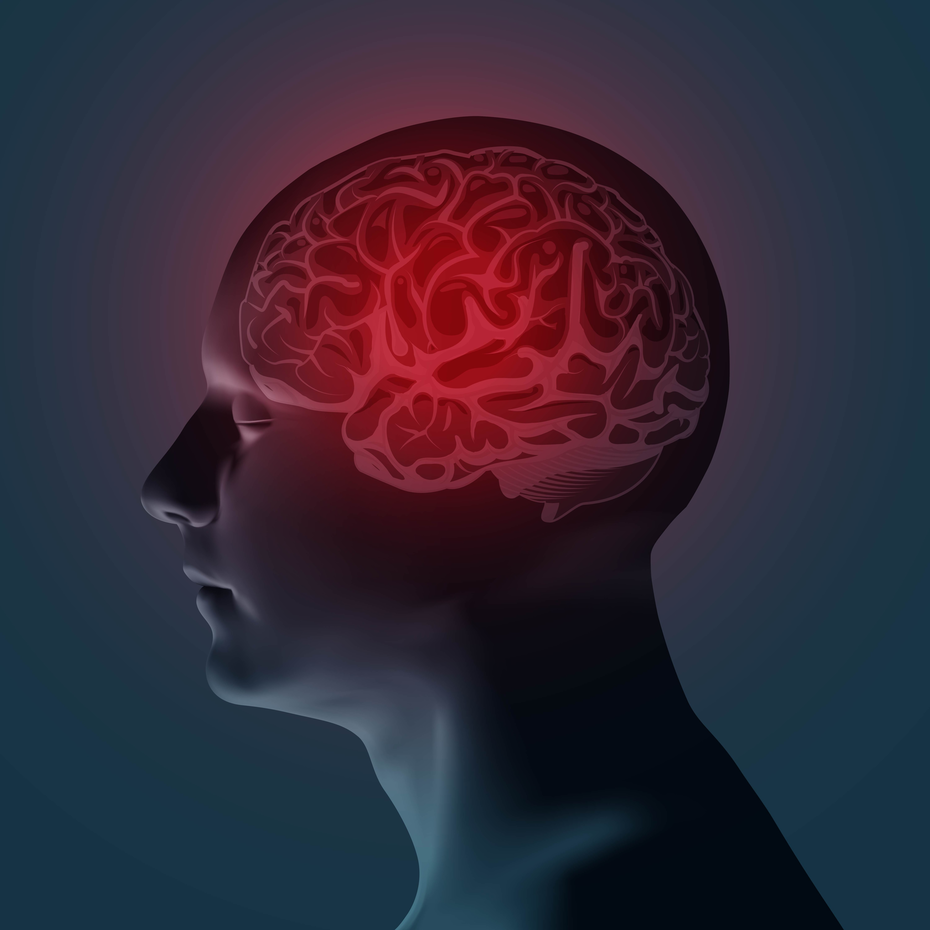Article
Clozapine Shows Reduction in Tardive Dyskinesia Symptoms
Author(s):
It remains unclear whether clozapine treats or suppresses the symptoms of tardive dyskinesia.

Treatment with clozapine demonstrated a reduction in disease severity and symptoms in some patients with tardive dyskinesia, according to a recent meta-analysis.
While off-label uses of anticholinergic medication, benzodiazepines, calcium channel blockers, cholinergic medication, γ-aminobutyric acid agonists, and reduction or cessation of antipsychotics, vitamin E supplements, and other miscellaneous treatments have been investigated as tardive dyskinesia treatments, none have offered evidence for efficacy.
However, since switching from a patient’s current antipsychotic to clozapine seemed to be an effective strategy for reducing tardive dyskinesia, the team of investigators were prompted to conduct the study.
The team from the Netherlands discovered 16 relevant studies to include in their analysis by scouring the PubMed, PsycINFO, and Embase databases through October 2015. The studies were then published in both English and Dutch. The investigators sought to examine the effect of switching to clozapine in an attempt to reduce tardive dyskinesia disease severity.
Patients involved in the published papers had a diagnosis of schizophrenia or a related disorder and switched to clozapine monotherapy. They reported scores on a tardive dyskinesia rating scale before and after their switch to clozapine.
Four studies looked at switching to clozapine as a treatment for patients with clinical levels of tardive dyskinesia, which the researchers deemed the “clinical tardive dyskinesia group.”
Thirteen studies investigated tardive dyskinesia as a secondary outcome. Most of the patients involved had either no tardive dyskinesia or mild cases; these were called the subclinical group. The majority of the studies analyzed used the Abnormal Involuntary Movement Scale (AIMS) scale, though they varied in length from about 6 weeks to 5 years.
The team reported that the overall effect of switching to clozapine monotherapy produced a significant reduction in tardive dyskinesia. This remained especially true in the 4 studies that specifically examined the severity of tardive dyskinesia after the switch.
More significantly, the investigators noted that clozapine did not appear to worsen tardive dyskinesia based on what they observed from the subclinical group. They noted that the combined effect even suggests that there could be a slight reduction of tardive dyskinesia.
“The model including all 16 studies in the analysis reported a significant reduction in severity of tardive dyskinesia after the switch the clozapine,” the study authors wrote. “Altogether, these findings indicate that switching to clozapine can reduce the severity of tardive dyskinesia in many patients.”
How clozapine affects tardive dyskinesia is still unclear though as the team noted it is difficult to understand why clozapine is such an effective treatment. Furthermore, it is also unclear whether clozapine treats tardive dyskinesia or merely suppresses its symptoms.
A similar meta-analysis of the effects of clozapine on tardive dyskinesia symptoms was conducted in 2001; however, it only included 3 small studies. Investigators in the current analysis classified the 2001 review as nonsignificant.
The study authors also noted that compared to those that switched to clozapine monotherapy in their clinical tardive dyskinesia group, the effects of VMAT-2 inhibitors, such as valbenazine and deutetrabenazine, were smaller. However, studies on valbenazine and deutetrabenazine included a wider range of patient diagnosis than the current meta-analysis.
The National Institute for Health and Care Excellence and the American Psychiatric Association guidelines suggest switching to clozapine treatment only after a partial or suboptimal response to 2 other antipsychotics, and at least 1 of those should be a second-generation antipsychotic. The study authors recommended adding moderate to severe tardive dyskinesia and/or substantial discomfort from the disease as an indication for switching to clozapine to these guidelines.
The study, titled “Clozapine Monotherapy as a Treatment for Antipsychotic-Induced Tardive Dyskinesia: A Meta-Analysis,” was published in The Journal of Clinical Psychiatry.





